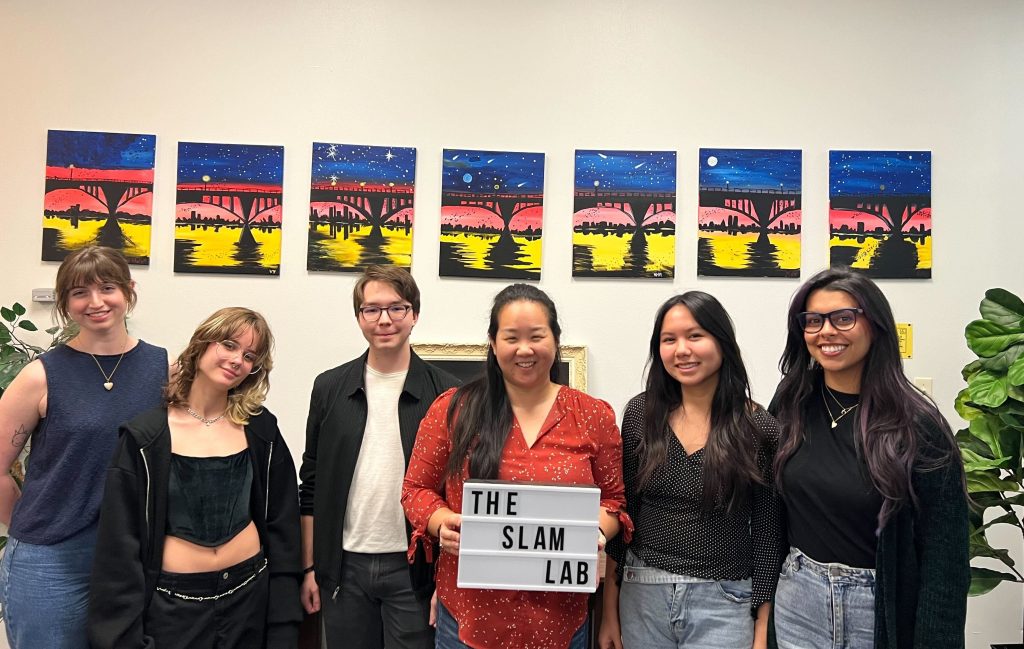
Note: I will be recruiting new PhD students for Fall 2024. To apply to work in my lab, make sure that you apply to the Human Development, Culture, and Learning Sciences program within the Educational Psychology department at UT Austin.
If you are a prospective graduate student, please click here for more information.
The Toolkit for Building Better Learners
We are all life-long learners. Whether we are learning for school or a degree, for work and to develop our careers, or as a part of pursuing personal hobbies and interests, learning is an important part of life. Given that most learning takes place outside of the classroom and in the hands of the individual learner, how can we empower learners to better manage their own learning?
The Mindset: Interpretations of Difficulty
We are motivated to act in ways that are identity-congruent, that feel like a “me” thing to do. What identities come to mind and what they imply for actions are dynamically constructed in context.
When we experience difficulties in the course of learning, how do we interpret this experience? Do we think to ourselves, “this is hard, it’s impossible for me” and give up? Or do we think, “this is difficult, but important” and keep going? Which lens we take on to interpret the experience of difficulty can vary depending on the features of the immediate context. Drawing from social psychology, one part of my research involves understanding how identities and mindsets can be leveraged to encourage the motivation to start studying and persist in the face of challenge.
The Toolset: Desirable Difficulties
Many learners come into the learning situation with the assumption that “learning should feel easy.” What research from cognitive psychology demonstrates, however, is that the effective learning strategies that make learning stick are often the ones that introduce difficulties. That is, effective strategies engage learners more effortful and elaborately, and may introduce more experiences of failure early on during learning. For the very same reasons why these strategies are effective (they are active and challenging), however, learners often just them to be ineffective (they feel hard).
The Mindset-Toolset Link
Bridging social, cognitive, and educational psychology fields, my own research explores how we can empower people to become motivated and effectively self-regulated learners through the combination of the right mindset and the right toolset.
PI: Dr. Veronica X. Yan
Assistant Professor
Department of Educational Psychology
The University of Texas at Austin
